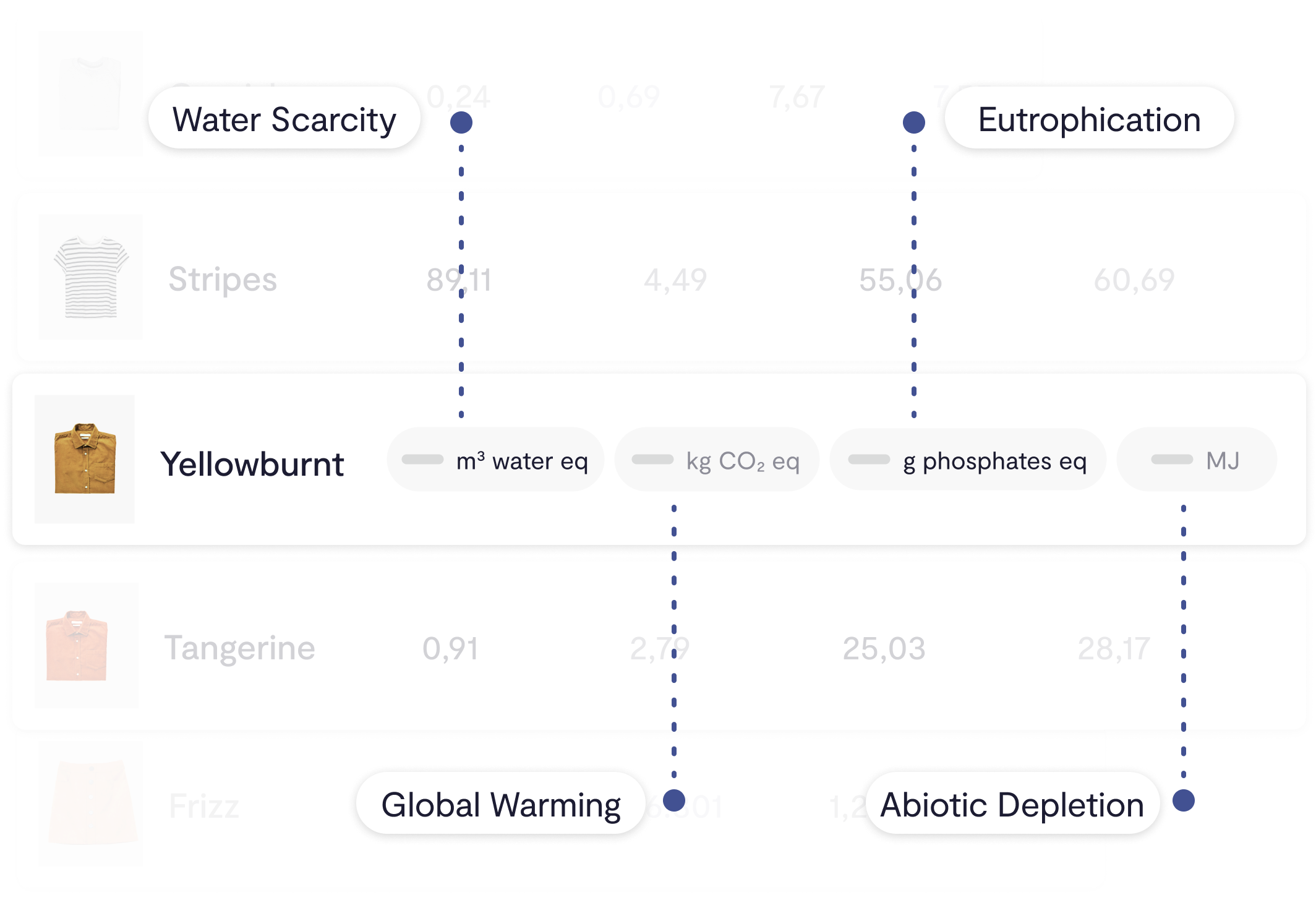September is synonymous with runways, the big fashion weeks are spread throughout the month and from New York to Paris we can witness the trends that will rule the fashion industry during the coming season. But what about sustainability? Is there room for this topic in the big fashion shows? Unquestionably yes. Here are 3 spring-summer 2023 collections leading the way in sustainability on the runway.
Sustainability and aesthetics are two concepts that coexist in those brands that decide to put creativity at the service of everything behind each garment
There is a false myth that ensures that sustainability is not compatible with good design. Whoever started this rumor was probably very far from understanding what the principles of ecodesign are. Sustainability and aesthetics are two concepts that coexist in those brands that decide to put creativity at the service not only of the trend but also of everything behind each garment.
Sustainability is one of the great challenges within the fashion industry and as such, we cannot ignore its presence in the most recognized fashion weeks. If at the beginning of this year, Stella McCartney surprised us by presenting a line of bags made from vegan grape leather, or Diesel with totally recycled denim for its winter collection, the news introduced for spring-summer 2023 are not far behind.
These are 3 of the collections introduced in recent weeks that have already become a sustainability inspiration for next season:
Innovative materials from Ganni
The closing of the Copenhagen Fashion Week was led by what the brand considers its most sustainable collection to date. Ganni classifies 97% of the collection as responsible, with 50% of the composition of its garments certified as organic, low impact or recycled.
As part of its ‘Fabrics of the Future’ initiative presented during the last Global Fashion Summit, the firm also launched its first T-shirt made from Infinna, a 100% recycled fiber from textile waste. In addition, it introduced several garments made with Vegea, an alternative to leather, also based on grapes.
Circularity under the signature of Daniel W Fletcher
During London Fashion Week, Daniel W Fletcher exhibited a collection made entirely from dead stock. Created in collaboration with Nona Source, the start-up that provides young designers with unused materials from the LVMH group, all the looks that hit the runway were made entirely from “dead fabrics”, highlighting the possibilities of sustainability in haute couture.
“I think sustainability should be the number one priority for every brand and consumer right now. If we don’t do something to combat climate change – which the fashion industry contributes to, hugely – then we won’t have a planet, let alone an industry! So I hope that, with my brand, I can continue to improve my sustainability practices, and also inspire and inform others to do the same”. The designer himself confessed two years ago in an interview given to HERO magazine.
An ode to water starring Botter
One of the last big surprises that we’ve been able to see on the runway has been the collection introduced by Botter at Paris Fashion Week. With garments made from algae and plastic from the sea, Botter has collaborated on this collection with bioengineers and researchers to develop fabrics made from kelp that translate into close-fitting dresses with aquatic prints.
The icing on the cake of this collection has been the accessories literally created from blocks of ice, bags and backpacks as ephemeral as the current state of our seas and oceans.
The growing visibility of sustainability in fashion weeks shows the relevance it’s gaining in the industry, however, it isn’t necessary to look at the big runways to certify that design and sustainability aren’t incompatible.
Our brave brands are constantly searching for new solutions that guarantee the quality of their designs as well as improve their sustainability performance.
This is the case of the homewear firm ettitude with its CleanBamboo™ fabric. The perfect alternative to cotton traditionally used to make household linen. Using 99% less water than the industry standard, it’s 100% biodegradable. The brand has implemented innovative technologies to process bamboo fibers in the most sustainable way possible, using a non-toxic solvent that allows 98% of the solution to be recycled up to 200 times.
Miomojo is another of our brave brands that embodies the perfect union between design and sustainability. Their bags with a timeless silhouette arouse even more interest when you discover that they are made from Apple Skin, a type of vegan leather obtained from apple waste.
Fashion is synonymous with disruption, getting out of the established and drawing new paths. Innovation and creativity go hand in hand. Put sustainability at the service of your imagination and start creating collections that value the principles of your business. At BCome we help you make it possible, shall we talk?






